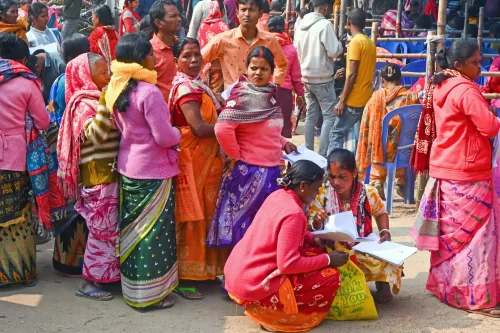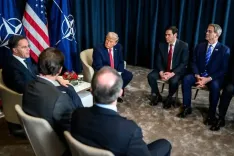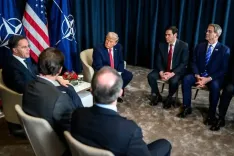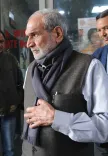Should Shashi Tharoor Support India-China Talks for Balanced Diplomacy?
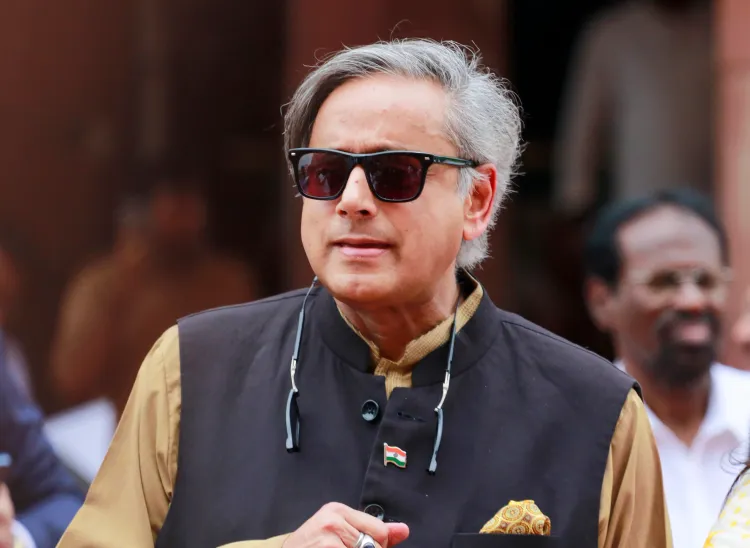
Synopsis
Key Takeaways
- Shashi Tharoor supports ongoing diplomatic talks with China.
- Balanced diplomacy is vital for India's strategic interests.
- Engaging with both US and China is essential.
- Tharoor's comments reflect a shift towards pragmatic diplomacy.
- Avoiding overdependence on any single bloc is crucial for India.
New Delhi/Thiruvananthapuram, Sep 2 (NationPress) Senior Congress Lok Sabha member Shashi Tharoor has expressed his support for the recent diplomatic discussions between India and China, calling them a timely and essential initiative by the Central government.
Tharoor, a former high-ranking UN official, stated on Tuesday that this step could aid India in managing the increasing geopolitical pressures from the US and other global powers.
“In the current climate, the government's decision to pursue diplomatic engagement with China is of utmost importance,” Tharoor remarked.
He emphasized that addressing differences with Beijing would bolster India's strategic standing.
“Simultaneously alienating both the US and China would not be in India's favor,” the four-time Thiruvananthapuram Lok Sabha member added.
Tharoor's comments arrive at a time when India is meticulously adjusting its foreign policy amidst evolving global dynamics.
With ongoing tensions along the Line of Actual Control (LAC), New Delhi's outreach towards Beijing is under scrutiny, especially considering its deepening partnership with Washington.
The Congress MP also voiced his support for India's robust relationship with Russia, labeling it a critical component of the nation's foreign policy.
“A balanced strategy, wherein India fosters positive relations with powers like Russia and China, is crucial for protecting our national interests,” Tharoor noted.
His remarks are significant, given that the Congress party had previously criticized the Modi government's engagement with China, particularly following the Galwan clashes.
However, Tharoor's nuanced perspective highlights an increasing acknowledgment of the necessity for pragmatic diplomacy in a world that is becoming more polarized.
Analysts observe that Tharoor's statements resonate with a rising consensus among certain political factions that India should refrain from excessive reliance on any one bloc.
With Washington pressing New Delhi to adopt a firmer stance on matters concerning Beijing and Moscow, India's capacity to balance conflicting relationships is considered vital for its strategic independence.
By endorsing the government's outreach, Tharoor has created an opportunity for a more bipartisan approach to foreign policy, one that favors India's long-term interests over immediate political gains.




